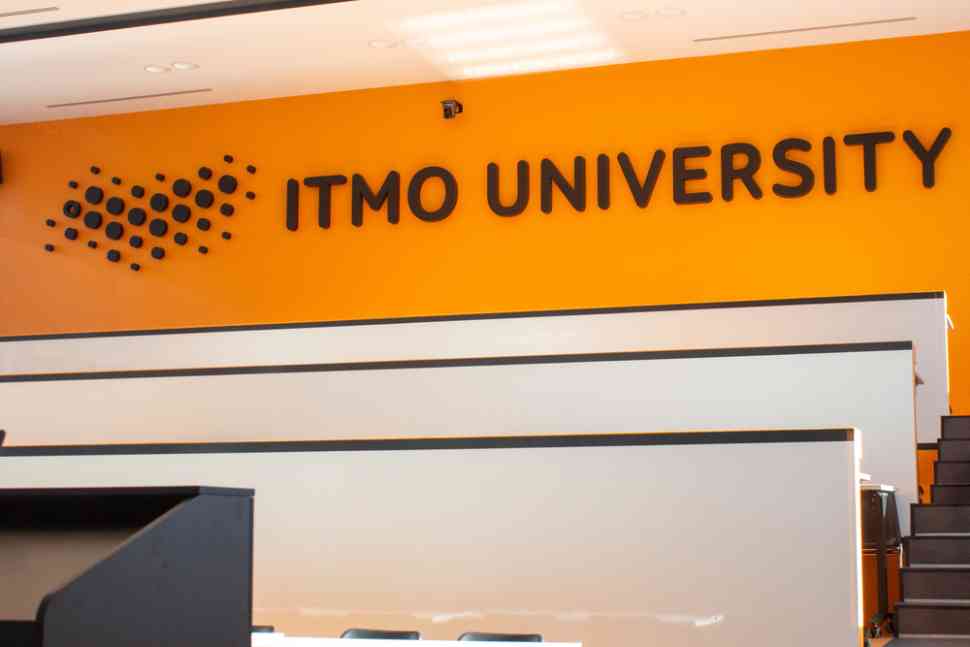Where to Study Master’s in Botany in Russia

A botanist is a professional who examines the many types of plants in the kingdom and their roles in the environment. Botanists help create various goods, such as herbal medications, herbal goods, fragrances, and beauty goods. The scope of a career as a botanist is broad, depending on the candidate’s education and interest level. It’s a good career to go into if you’re interested in plant biology and want to work as a professional doing plant analysis, research, or protection. So here is a list of colleges in Russia where you can study Botany:
-
ITMO University
ITMO University (ITMO) provides courses and programs in a variety of fields that lead to officially recognized higher education degrees such as bachelor’s, master’s, and doctoral degrees. The admission strategy of this ancient Russian higher-education institution is selective, based on entrance tests and students’ previous academic records and grades. The admittance rate ranges from 10% to 20%, making this Russian higher education school extremely exclusive. ITMO also provides a library, housing, sports facilities, financial assistance and/or scholarships, study abroad and exchange programs, as well as administrative services to students. -
Moscow State University
Moscow State University is a significant coeducational Russian higher education school that is officially recognized by the Russian Federation’s Ministry of Science and Higher Education. In a variety of fields of study, Moscow State University provides courses and programs leading to legally recognized higher education degrees like bachelors, masters, and doctoral degrees. This 265-year-old Russian university has a selective admission process based on entrance exams. MSU also provides students with a library, sports facilities, exchange programs, and administrative services, among other academic and non-academic facilities and services. -
Saint Petersburg State University
St. Petersburg State University is a non-profit public higher education university in the bustling metropolis of Saint Petersburg, which was founded in 1724. St. Petersburg State University (SPSU) is a big coeducational Russian higher education school that has been officially recognized by the Russian Federation’s Ministry of Science and Higher Education. St. Petersburg State University (SPSU) provides courses and programs that lead to legally recognized higher education degrees, such as bachelor’s degrees, in a variety of fields. This 296-year-old Russian university has a rigorous admissions process based on entrance exams. International students are welcome to apply for enrollment. -
Novosibirsk State University
In a variety of fields of study, Novosibirsk State University (NSU) provides courses and programs leading to legally recognized higher education degrees like bachelor’s, master’s, and doctoral degrees. This 61-year-old Russian university has a rigorous admission process based on entrance exams and students’ previous academic records and ratings. The admittance rate ranges from 10% to 20%, making this Russian higher education school extremely exclusive. NSU also provides a library, housing, sports facilities, financial assistance and/or scholarships, study abroad and exchange programs, as well as administrative services to students. -
Skolkovo Institute of Science and Technology (Skoltech)
Skoltech is an international graduate research institution that was created in collaboration with MIT by world-renowned scientists. Skoltech’s curriculum emphasizes technology and innovation, with Master’s degrees available in ten technological fields. Students get intensive theoretical and practical instruction and the opportunity to design their research projects, participate in internships, and develop entrepreneurial skills in English. The faculty consists of contemporary scholars who have received worldwide recognition and awards. According to the Nature Index, Skoltech is among the top 100 young universities in the world. Skoltech’s campus architecture earned the Prix Versailles Campuses Award in 2019.
Bring the best of the CEOWORLD magazine's global journalism to audiences in the United States and around the world. - Add CEOWORLD magazine to your Google News feed.
Follow CEOWORLD magazine headlines on: Google News, LinkedIn, Twitter, and Facebook.
Copyright 2025 The CEOWORLD magazine. All rights reserved. This material (and any extract from it) must not be copied, redistributed or placed on any website, without CEOWORLD magazine' prior written consent. For media queries, please contact: info@ceoworld.biz








